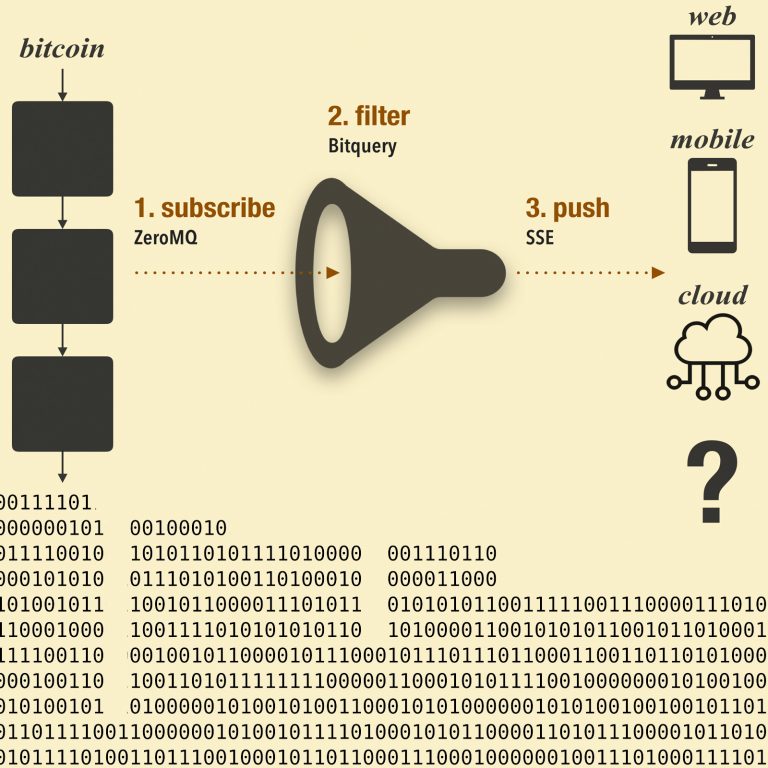2019-5-24 18:30 |
The cryptocurrency market’s resurgence has caused a lot of proponents in the space to come out in support of the digital asset industry, with many arguing that this is the start of yet another bull run. In a recent podcast by Peter McCormack, the Bitcoin supporter talked to Luke Dashjr, a famous Bitcoin Core developer about the differences between soft forks and hard forks and the debate on the block sizes on the Bitcoin blockchain.
Dashjr stated:
“The fundamental difference between a hard fork and a soft fork is that in the former, the process modifies Bitcoin in such a way that it becomes an altcoin. Another major difference is that to conduct a hard fork, there needs to be a 100 percent consensus which places a check on nefarious activities.”
The Bitcoin Core developer further suggested another way to increase the block size without a hard fork. He claimed that an alternate way to increase the block size without a hard fork was to do it with an extension block, which required the same effort as a hard fork.
The two Bitcoin enthusiasts then shifted the discussion towards the debate on increasing/decreasing the Bitcoin block size. Dashjr stated:
“I do want the block size to be reduced to 300k, at least in the short term. Hat is the point where the current technology can keep up with the developments in the field. The effects of the block size impact different people differently, for some transactions maytake a fe hours while for others it may take weeks.”
Dashjr also claimed that anyone who says that the Bitcoin blockchain is ‘1 meg’ right now is lying because it was theoretically ‘4 meg’ right now. According to the Bitcoin Core developer, wallets on the Bitcoin blockchain pose an unintentional attack on Bitcoin because it does not have a centralized control head.
The post Bitcoin [BTC] wallets pose an unintentional threat to the blockchain, says Bitcoin Core developer appeared first on AMBCrypto.
origin »Bitcoin price in Telegram @btc_price_every_hour
Bitcoin (BTC) íà Currencies.ru
|
|


























